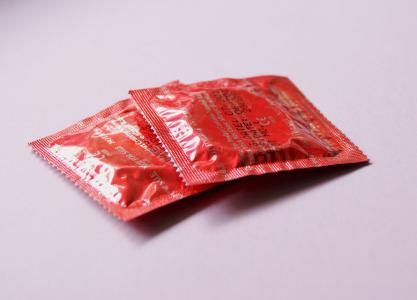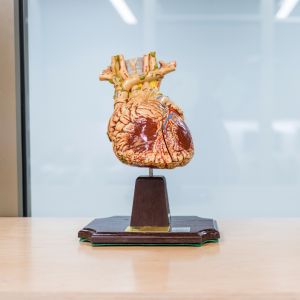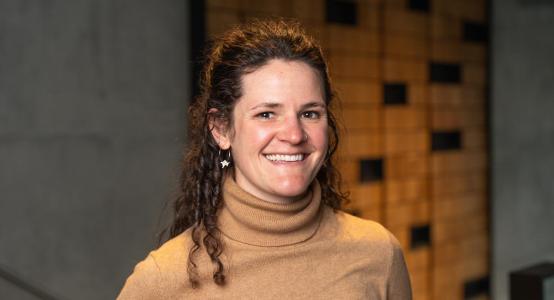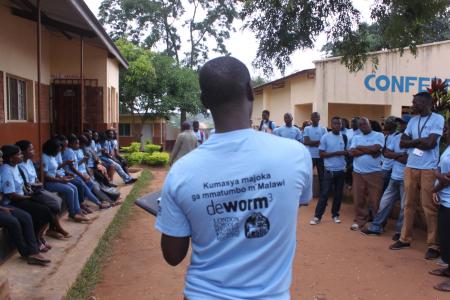Q&A: Decline in condom use indicates need for further education, awareness
New research from the University of Washington shows that condom use has been trending downward among younger gay and bisexual men over the last decade, even when they aren’t taking pre-exposure prophylaxis, or PrEP.
David Katz, senior research scientist in the Department of Global Health, is quoted.






